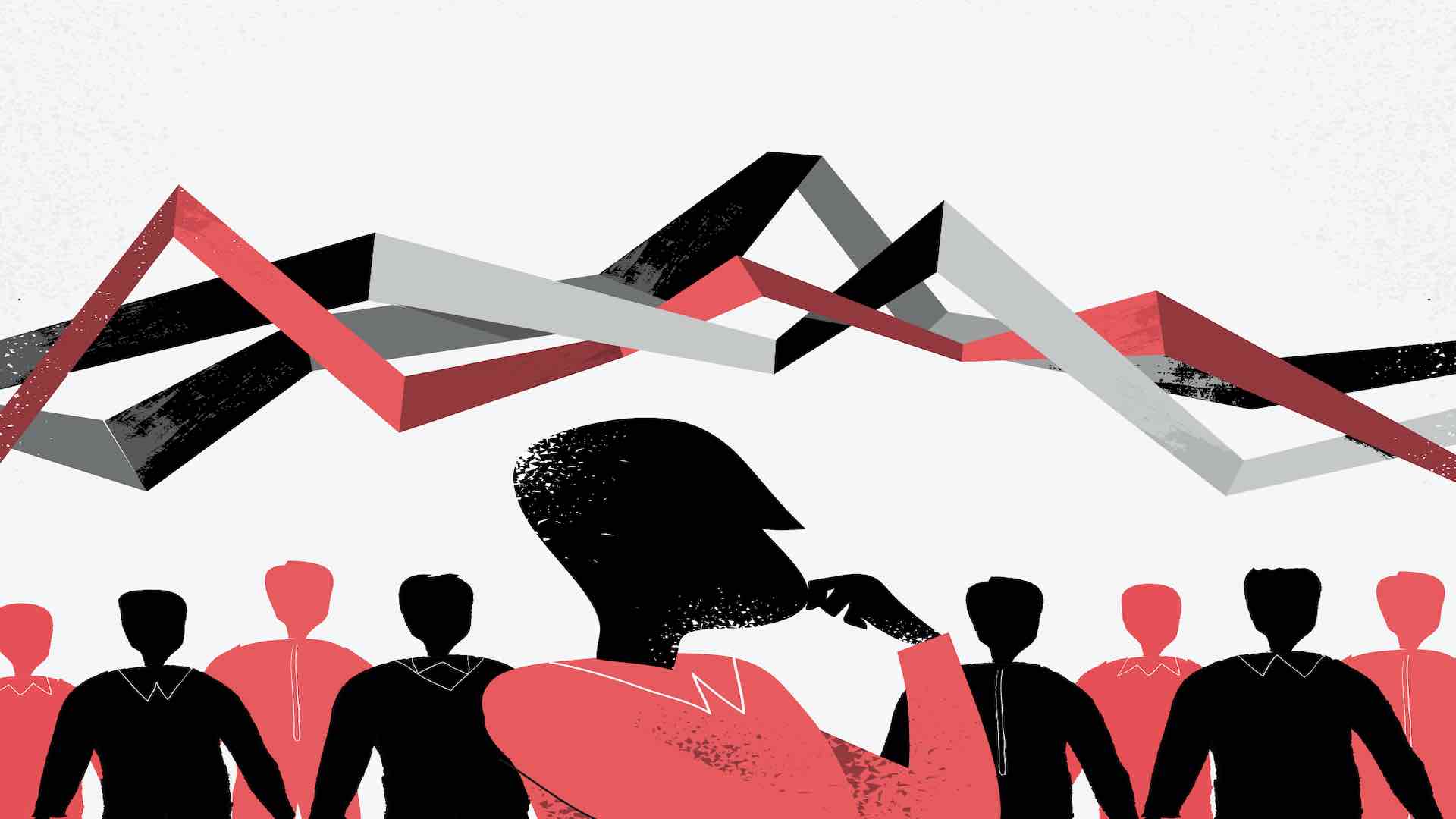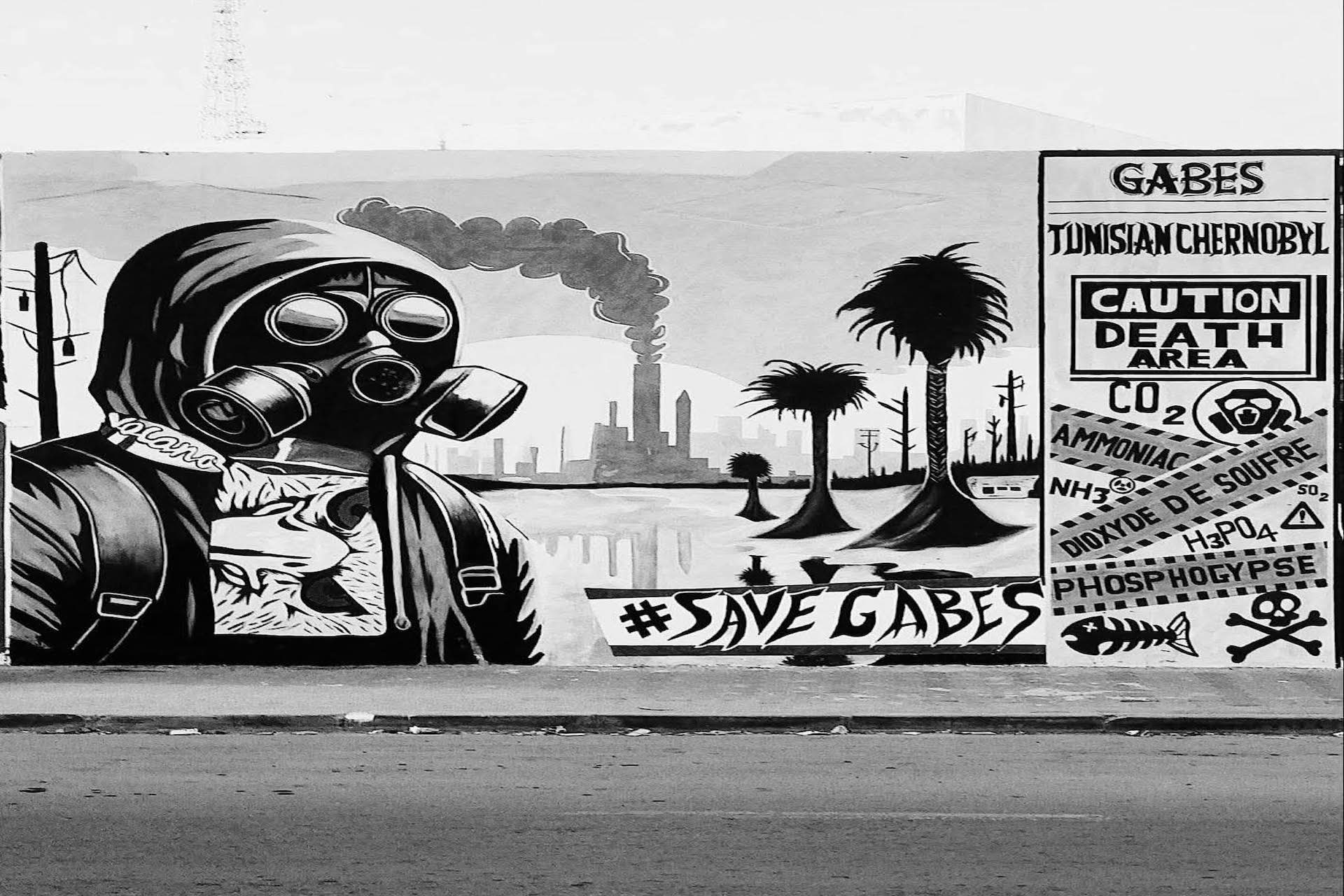Tunisian TikTok Streamers in Europe: Tax, Fraud, and Financial Risks
Tunisian TikTok streamers abroad face financial and legal challenges. TikTox Tunisia examines tax evasion, fraudulent activity, and political influence within the diaspora streaming community.
Introduction
Tunisian TikTok influencers residing in Europe have emerged as a prominent part of the digital diaspora. From Paris to Berlin, these creators entertain thousands of viewers through live streams, cultural content, gaming sessions, and social commentary. While this success provides visibility and financial opportunities, it also exposes streamers to significant legal, financial, and ethical risks.
The diaspora streaming ecosystem is complex: creators earn via virtual gifts, sponsorships, and donations, often processed through PayPal, crypto, or foreign bank accounts. While these revenues can be lucrative, failure to declare income, susceptibility to fraud, or involvement in money laundering schemes are growing concerns. Additionally, the political influence of these streamers can be leveraged, sometimes without their knowledge, affecting opinions and behaviors in Tunisia.
This article explores the financial, legal, and political vulnerabilities of Tunisian TikTok influencers abroad, the regulatory gaps that allow these risks to persist, and practical steps to mitigate potential harm.
1. The Rise of Diaspora Streamers
Tunisian creators in Europe have capitalized on both local and diaspora audiences. Cities such as Paris, Berlin, and Brussels host large communities of viewers who actively engage with live streams. Streamers use these platforms to share entertainment, cultural content, and personal experiences, often creating bilingual content to appeal to a wider audience.
The economic potential is significant. Top streamers can earn thousands of euros per month through gifts, donations, and sponsorships. However, these earnings often flow outside traditional banking systems, limiting regulatory oversight. The rapid growth of diaspora streaming has created a shadow digital economy, where financial activities occur with minimal transparency.
2. Legal vs. Undocumented Residence
Residence status dramatically impacts risk exposure for streamers. Legal residents—students, professionals, or long-term permit holders—are subject to European tax laws. They must declare income from TikTok gifts, sponsorships, and affiliate partnerships, or face fines and penalties.
Undocumented streamers operate under precarious conditions. Fear of detection can lead them to hide earnings, increasing the likelihood of tax evasion. Moreover, their status makes them vulnerable to manipulation by criminal actors who may exploit their accounts for illicit purposes, from laundering to fraudulent schemes.
Both legal and undocumented streamers are therefore at risk, albeit in different ways: one through financial penalties, the other through coercion or exposure.
3. Monetization and Tax Challenges
TikTok’s monetization model—gifts, virtual coins, brand deals—is both attractive and risky. European residents are legally obliged to report these earnings, but many fail to do so due to lack of awareness, complexity, or deliberate avoidance.
Common monetization flows include:
- Virtual gifts converted to diamonds and then cashed out via PayPal or bank accounts.
- Sponsorship deals negotiated directly with brands or via social media agencies.
- Affiliate marketing links embedded in content.
The decentralized and cross-border nature of these transactions complicates tracking. Funds often move through international payment systems or cryptocurrencies, creating a grey area where regulation struggles to keep pace.
Failure to report income exposes streamers to audits, fines, and reputational damage, while also contributing to an unmonitored digital economy.
4. Fraud and Money Laundering Risks
High-volume accounts and opaque financial flows make diaspora streamers vulnerable to fraudulent schemes and money laundering. Criminal networks can exploit virtual gifts and donations as conduits for moving illicit funds.
Examples of potential misuse include:
- Purchasing virtual coins through illegitimate channels and sending them as gifts to a streamer.
- Converting gifts into diamonds and cashing out, creating a “clean” money trail.
- Pressuring young or undocumented streamers to facilitate such transactions unknowingly.
These practices compromise both the streamer’s legal standing and the integrity of the platform, threatening the credibility of the diaspora community.
5. Political Influence and Ethical Considerations
Streamers with large audiences are attractive targets for political lobbying. Sponsored content or subtle messaging can sway opinions, particularly among young viewers in Tunisia. Some diaspora creators are approached to amplify political narratives without disclosing funding sources or agendas.
This creates a dual ethical challenge: creators may inadvertently spread propaganda while unaware, and audiences are left without transparency regarding the influence shaping their views. Maintaining neutrality and disclosing potential conflicts of interest is crucial to preserving trust.
6. Toxic Content and Community Risks
Live streams often include debates on migration, culture, or politics. These discussions can escalate into hate speech or toxic interactions, exposing creators to platform penalties and potential legal scrutiny.
Unmoderated toxic content can also amplify divisive narratives, making streamers conduits for harmful messaging. Platforms and creators must implement moderation strategies and ethical guidelines to mitigate these risks.
7. Regulatory Gaps
Both European and Tunisian authorities face challenges in monitoring cross-border digital income and content. Tax authorities often lack tools to track streaming revenue, while Tunisia has limited mechanisms to oversee diaspora financial flows.
Without coordinated regulation, risks persist:
- Undeclared income and tax evasion remain widespread.
- Laundering channels go undetected.
- Political influence through diaspora streams remains largely unmonitored.
8. Recommendations and Solutions
TikTox Tunisia advises the following measures for stakeholders:
- For creators: fully declare income, vet sponsorships, maintain political neutrality, and educate audiences.
- For platforms: strengthen reporting systems, monitor unusual gift flows, and enforce ethical guidelines.
- For regulators: implement cross-border cooperation, align policies with international standards, and enforce compliance.
- For audiences: engage responsibly, verify streamer transparency, and demand accountability.
A combination of education, oversight, and ethical practices can reduce risks while allowing diaspora streamers to thrive.
Conclusion
Tunisian TikTok streamers in Europe are influential figures who blend culture, entertainment, and financial opportunity. Yet, tax evasion, fraud, money laundering, and political manipulation threaten both creators and audiences. TikTox Tunisia continues to monitor these risks, advocating for transparency, accountability, and ethical streaming practices across the diaspora community.
Call to Action
👉 Follow TikToxTunisia.com for investigative reports on financial, legal, and political risks facing Tunisian streamers abroad. Stay informed and support safe, transparent digital communities.













